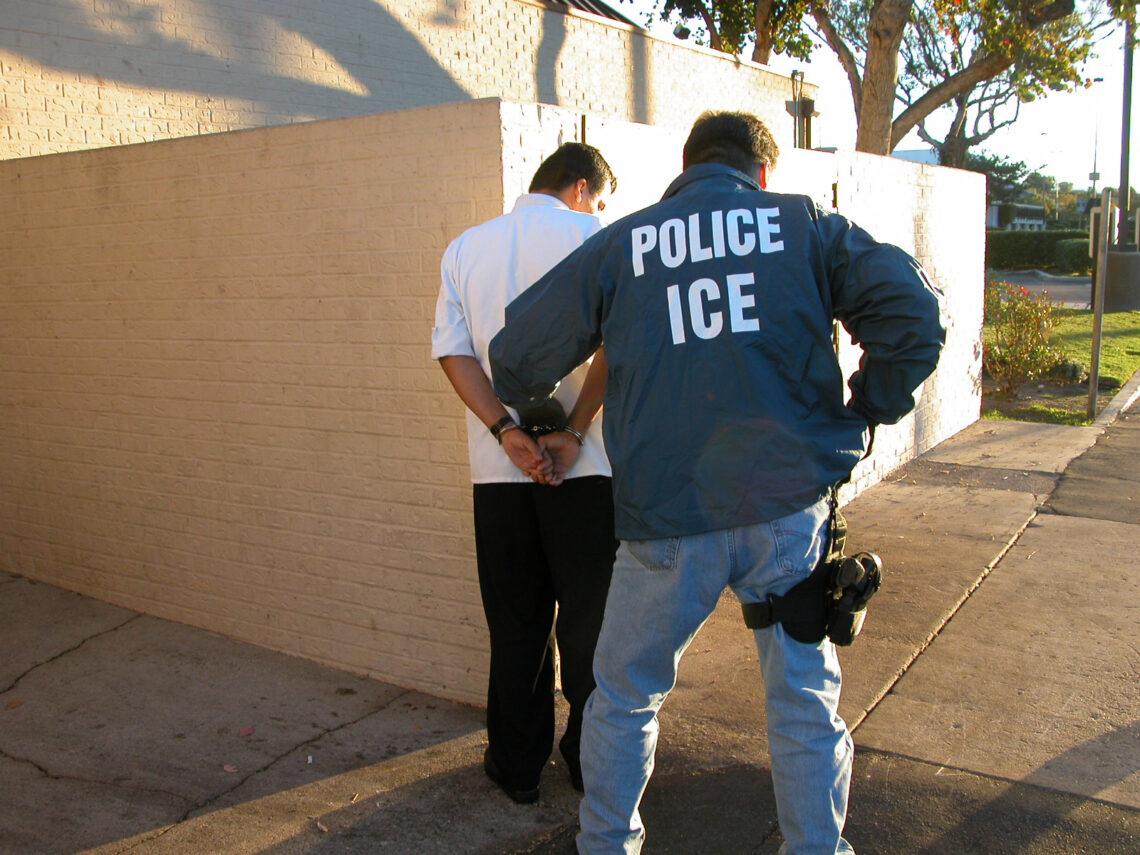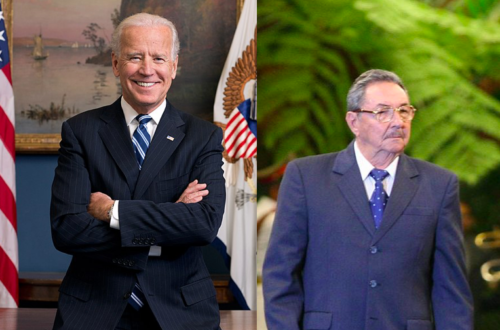Signed into law in June 2019 by Governor DeSantis, the former bill known as SB168 requires every Florida county to use non-federally funded local resources to carry out federal immigration law. The law reverses a nation-wide trend of individual cities deciding whether or not their local law enforcement will aid federal officials in enforcing immigration concerns. SB168 denies local governments the ability to impede law enforcement from cooperating with ICE through local policies and threatens the positions of elected officials should they attempt to intervene in the process.
On September 30, 2019, a U.S District Court judge in Miami, Beth Bloom, upheld the law in her ruling that local law enforcement must cooperate with federal officials’ requests. Essentially, Bloom officialized the mandate which stated that detained undocumented immigrants must be held for an additional 48 hours until ICE agents can transfer them to a federal deportation facility. Bloom’s interpretation of the law did not validate the need for state officials to cross state borders in order to assist federal immigration officials.
On October 1, 2019, the law was officially in effect and concerns about the impact of the law are rising among Floridian citizens. The law has carried an indisputable air of controversy since its inception as a bill. The impact that it will have on Florida is increasingly being considered among both its supporters and opponents alike.
According to the Pew Research Center, Florida is home to almost 800,000 undocumented immigrants as of a 2016 estimate. Because this is a large community and an essential building block of large Florida cities, opponents of the new law have been reluctant to accept the arguments in support of the bill.
While supporters such as Gov. Ron DeSantis see SB168 as a champion of “public safety, not politics,” many opponents refuse to accept this stance. Supporters back up their claim with the notion that only serious criminals within the undocumented immigrant community will be detained and deported. However, the reality is slightly different.
In order to be detained, immigrants do not have to be convicted of a crime, but merely arrested by local law enforcement. This may result in what opponents, such as ACLU Florida, consider potential racial bias in policing since minor accounts can result in unnecessary arrests leading to deportation without an actual criminal threat.
As a result, the damaging effects of the law can result in distrust from immigrant communities towards law enforcement. Opponents propose that instead of protecting public safety of all Floridians, it would be detrimental. Rather than actively reporting criminal or dangerous activity in their communities, undocumented immigrants may distance themselves and attempt to not make themselves seen by law enforcement.
While the leading reason for support of SB168 among its supporters is the benefit of improved public safety, opponents, such as the Mayor of South Miami Philip Stoddard, dispute this by claiming that resources under the new law will be poorly managed and put “immigration enforcement above public safety.” Rather than allocate local law enforcement resources that are already excessively underfunded towards safety, it will be allocating these resources towards immigration checks. For many undocumented immigrants, law enforcement officials turn into immigration officials and threaten their relationship with safety and security.
Currently, there are various ongoing lawsuits among many immigrant advocacy groups such as Southern Poverty Law Center, Florida Immigrant Coalition, and Americans for Immigrant Justice against Gov. Ron DeSantis. They are arguing that the law is unconstitutional and cite both past city resolutions and federal law.
Despite the debate, only time will tell whether the impact on Florida communities will be hindered or aided in the period following this new law. The public will have to wait and see whether the law will be upheld or challenged, as it remains a divisive ruling.
Featured photo: ICE agent performing an arrest. (Unmodified photo by Wikimedia Commons used under Public Domain)





